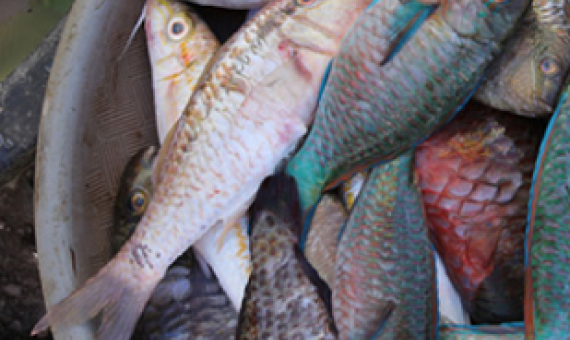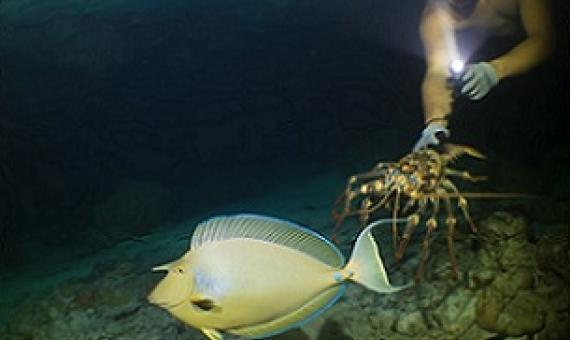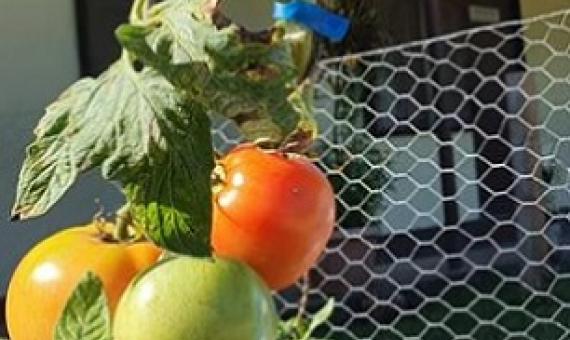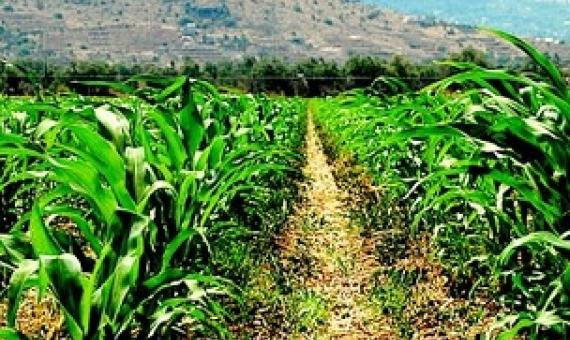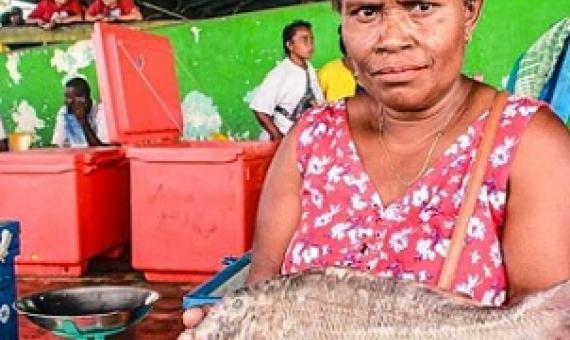Fisheries in the Pacific are at risk, and require a unified regional response in order to be preserved for future generations, Joeli Veitayaki writes.
A recent confrontation between a Government MP and a Rarotonga market stall operator over the harvesting of Avake (sea urchin) has revived calls to give traditional conservation practices greater authority by incorporating them into law.
Growing food in a sustainable, environmentally friendly way—while also producing enough of it—is among the most important challenges facing the U.S. and the world today. The ongoing COVID-19 pandemic has reminded us that food security can't be taken for granted.
Protected areas are critical to mitigating extinction of species; however, they may also be in conflict with efforts to feed the growing human population.
With the recent rise in popularity of the ‘salt fish’ trade in the Solomon Islands capital of Honiara, fresh fish and tuna vendors in the city markets are struggling to please their customers and earn enough income.
People in wealthy, industrialized countries are used to finding their supermarket shelves fully stocked. Yet for a brief period early in the COVID-19 pandemic, some of those shelves emptied out, as panic drove shoppers to stockpile and supply chains were interrupted.
Australian research shows the Covid-19 pandemic could spark a food crisis in the Pacific.
This Climate & Health Dialogue will reveal the connections between nature, climate change and human health outcomes, and explore emerging challenges to food security, the control of infectious and noncommunicable
A global network of marine protected areas for food
Marine protected areas (MPAs) are conservation tools that are increasingly implemented, with growing national commitments for MPA expansion. Perhaps the greatest challenge to expanded use of MPAs is the perceived trade-off between protection and food production. Since MPAs can benefit both conservation and fisheries in areas experiencing overfishing and since overfishing is common in many coastal nations, we ask how MPAs can be designed specifically to improve fisheries yields.
Spawning potential surveys in Fiji: A new song of change for small-scale fisheries in the Pacific
Catastrophic overfishing of small-scale coastal fisheries through the Pacific poses a major threat to regional food security and biodiversity. Globally, approaches to fisheries assessment and management that were developed for industrial fisheries, are failing small-scale data-poor fisheries. The Pacific Community has called for a complete rethink of fisheries methodologies for the region; a “new song” of change for small-scale coastal fisheries. This article describes the application in Fiji of a new approach to facilitating coastal fisheries management reform.

